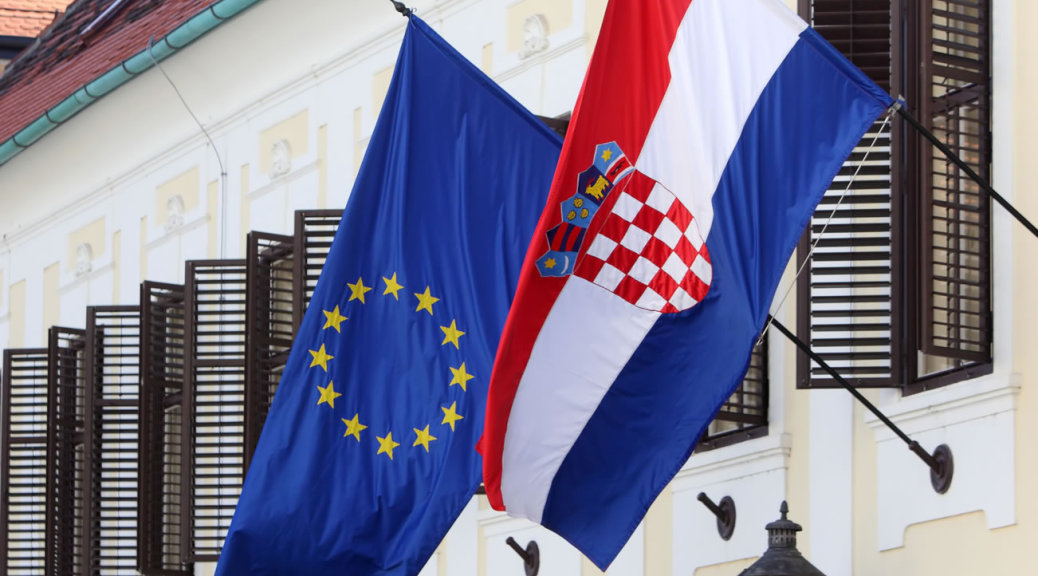With the first day of July 2013, Croatia became the 28th member state of the European Union. Both, Europe and Croatia, were eagerly waiting for this moment, so they could start with building a common future.
Negotiation Progress
Croatia’s EU accession process began by the end of the 90’s. In 1997 the Council of the EU laid down the political and economic preconditions for developing bilateral relations with Croatia and in 1999, at the proposal of the European Commission, with Croatia included, the Stabilization and Association Process for the five countries of Southeast Europe began.
Croatia submitted its application to join the European Union on 21 February 2003. After getting the European Commission’s positive opinion in April 2004, Croatia was granted the status of candidate country in June of that same year. This opened the way for starting accession negotiations, officially launched on 3 October 2005.
At the referendum held on 22 January 2012 the citizens of Croatia supported Croatia’s membership of the European Union with 66.27% votes.
By coming into force of the Treaty of Accession, on 1 July 2013 Croatia became 28th member state of the European Union.
Accession Criteria
Croatia, like all the other members had to meet certain criteria in order to become a full member of the European Union. At the session of the European Council held in Copenhagen in June 1993, these three criteria were established to be met by all future candidates prior to their accession into full membership of the European Union: political, which implies stability of institutions which ensure democracy, the rule of law, respect for human and minority rights as well as adoption of political goals of the Union; economic, which relates to existence of an efficient market economy and ability of market factors to cope with competition pressures and market laws within the European Union; and legal criterion, which implies adoption of the complete acquis communautaire of the European Union.
Therefore, at the session of the European Council held in Madrid in December 1995, the fourth, administrative criterion for membership was established. This criterion implies adaptation of corresponding administrative structures with the aim of providing conditions for gradual and harmonized integration.
In addition to these criteria, Croatia had to meet specific political criteria for countries included in the Stabilization and Association Process.
Croatia in EU
By joining the EU, Croatian citizens will easily go across the borders of the European Union and for that they will only need ID card.
From now on, the labor market of the European Union is open for Croatian workers, but it should be noted that some countries temporarily restrict its labor markets for Croatian citizens, so in these countries free employment will be available after the transitional period, which can last up to seven years.
As a member of the European Union, Croatia will have 12 representatives in the European Parliament, seven votes in the Council of the EU, one Commissioner in the European Commission, one judge at the European Court of Justice, the General Court and the Court of Auditors.
Membership, of course, implies the occurrence of numerous products on the market, and thus more competition to domestic producers and farmers. In the first seven years in the EU foreigners can’t buy agricultural land in Croatia, there will be the possibility of extending that term for another three years. In the EU Croatia will maintain the current level of direct payments in agriculture of 373 million Euros. Funds for rural development will be available and Croatia will be given additional financial envelopes for areas affected by land mines and for the wine sector.
The zero rate of VAT is going to be annulled on bread, books, medicines, newspapers and scientific journals and a rate of at least 5 percent will be introduced .
Good news are coming for Croatian students, now they have the opportunity to study in any EU country under the same conditions as citizens of that state.
